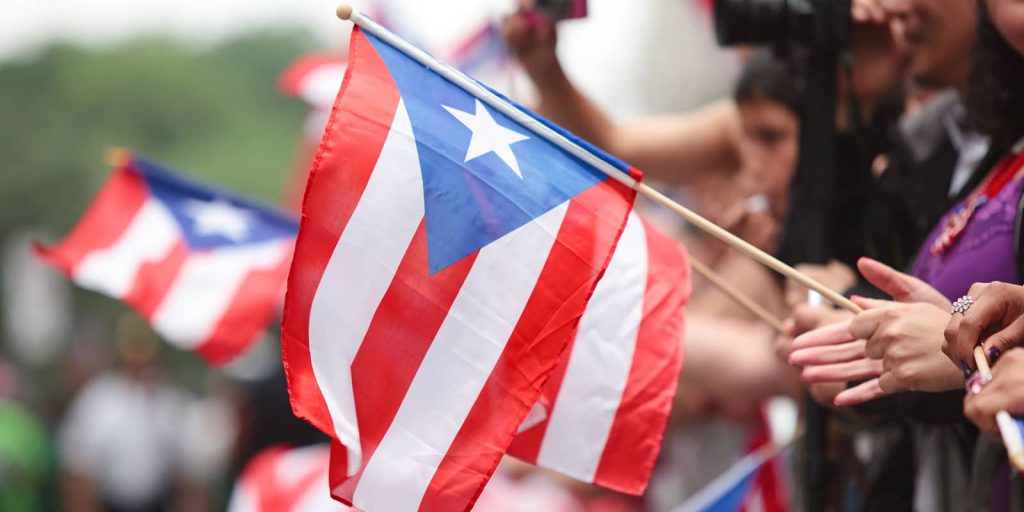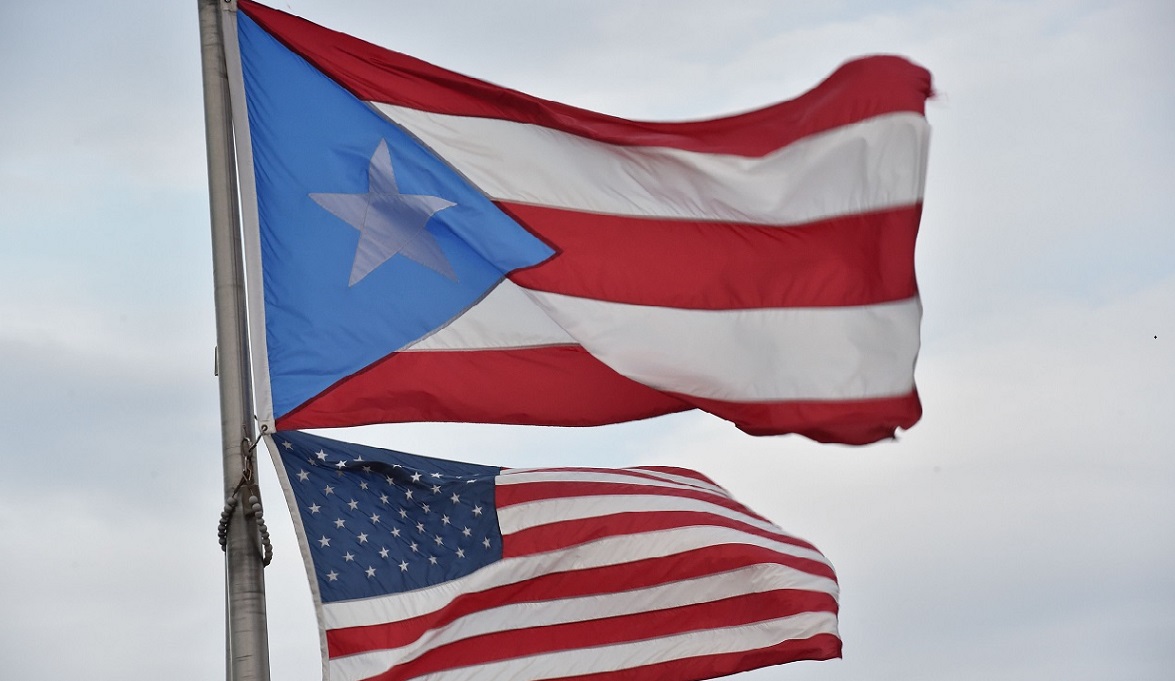Washington D.C. – April 14th, a very heated and in-depth discussion about Puerto Rico’s status was held via a live stream by the U.S. Congress Natural Resources Committee. Various political leaders from both Puerto Rico and the United States took turns to speak towards and even question the two bills that are currently sitting in the hands of Congress to help determine the ultimate political status of Puerto Rico. These two bills are U.S. Congress H.R. 1522 – “Puerto Rico Statehood Admission Act”, and H.R. 2070 – “Puerto Rico Self Determination Act”. While the title for each bill may seem intuitive, their intentions are not that simple.

Free Association is a treaty between two independent nations… treaties can be aggregated and countries go about on their own ways
U.S. Congressman Ed Case from Hawaii
To the question of whether there is an alternative that is non-colonial known as Free Association, which is neither Independent nor a State, Rep. Ed Case from Hawaii responded that there is no such thing. “Free Association is a treaty between two independent nations… treaties can be aggregated and countries go about on their own ways,” said Congressman Ed Case from Hawaii. He said that he didn’t understand why their was so much confusion over what a Free Association is and why would anyone think it was guaranteed to be permanent when it could be broken by either side.
The great confusion that is being generated is because there is a significant number of Americans identified above all with the liberal sectors who fear being singled out as racist for expressing themselves openly against the United States becoming a multinational country, which is the fundamental question behind the proposal for Statehood
Puerto Rico Senator Maria de Lourdes-Santiago of the Independence Party
Puerto Rico Senator Maria de Lourdes-Santiago from the Independence Party explained the complexity of making the territory a State. She explained that the decision of making Puerto Rico a State is fundamentality a question of whether the United States is truly tolerant of racial diversity. The main problem, or confusion as she elaborates, is that many so-called liberals are afraid to have real dialog about what it means to integrate a Latin nation as part of the United States. “… liberal sectors who fear being singled out as racist for expressing openly against the United States becoming a multinational country..,” explained PR-Senator Lourdes-Santiago. She is confident that the US Congress is not ready to offer Statehood to a Caribbean and Latin American nation.
Now I imagine there are powerful interest that have a stake in the status quo of colonialism, but if you are a corporation that exploits Puerto Rico as a tax haven you have a powerful incentive to sabotage Puerto Rico as a Statehood. But if you are an ordinary Puerto Rican who seeks to become an equal citizen of the United States who seeks the right to vote in the Presidential and Congressional elections, who seek to have your voice heard, to have a sit at the table, and to get your fare share of federal resource and representation then you have every reason to support Statehood.
U.S. Congressman Ritchie Torres
Rep. Ritchie Torres from New York argues that the current colonial status benefits certain individuals and mostly corporations that uses Puerto Rico as a tax haven. He nearly implied that many of these individuals benefiting from such an arrangement are members of the U.S Congress, in particular the ones that support H.R. 2070. “Now I imagine there are powerful interest that have a stake in the status quo of colonialism..,” stated Rep. Torres. He explains the economic interest of certain benefactors is in conflict with giving equal rights of representation and resources to ordinary Puerto Ricans.
So what are the two bills currently been debated in U.S. Congress?
The first bill is H.R. 1522 – “Puerto Rico Statehood Admission Act” which provides a simple referendum with a “Yes” or “No” question. Should the majority vote in favor of Statehood by indicating “Yes”, then the U.S. Congress will be committed to begin the process of admission of Puerto Rico as a State of the United States. In the other hand, if the majority vote “No”, then the U.S. Congress will be committed to accept the evaluation of other options that will end colonialism which does not include the option of Statehood. Essentially the option of full independence or independence with a treaty known as Free Association.
The second bill is H.R. 2070 – “Puerto Rico Self Determination Act” which propose to set up a commission of Puerto Ricans to define the options that should be voted on what will be the ultimate referendum of status. The idea is that this commission will figure out and define for the U.S. Congress what will the relationship between Puerto Rico and United States look like should there be a major vote for any of the options of Independence, Statehood, Free Association or any other option designed by the commission.
Proponents for Independence and those in favor of maintaining the Colonial state are strongly against H.R. 1522, arguing that this bill doesn’t not provide the full range of options that reflect the Puerto Rican people’s desire for government. In addition, they feel that previous referendums in the territory were not inclusive of other political parties and only side on behalf of the Statehood party who created them. They believe H.R. 2070 is a more inclusive process.
On the other hand, pro-state supporters believe that H.R. 2070 is really a tactic by certain individuals to delay addressing the status issue. They claim the bill is unconstitutional and will meet many legal challenges. They say that both major political parties have shared nearly equal control over Puerto Rico, but that the opposition has simply refused to address the issue of colonialism. Statehooders see H.R. 1522 as a consistent process previously used by the U.S. Congress to admit Hawaii into the Union. They also argue that the bill will provide a clear path to end colonialism whether it be Statehood or Independence.
It is important to note that while there is a large support for Statehood in Puerto Rico, this is by no means with an overwhelming margin. In fact there is a very large, if perhaps not larger number of Puerto Ricans that support the current colonial status, while they maintain a low and nearly negligible margin that supports Independence.

COMMENTS